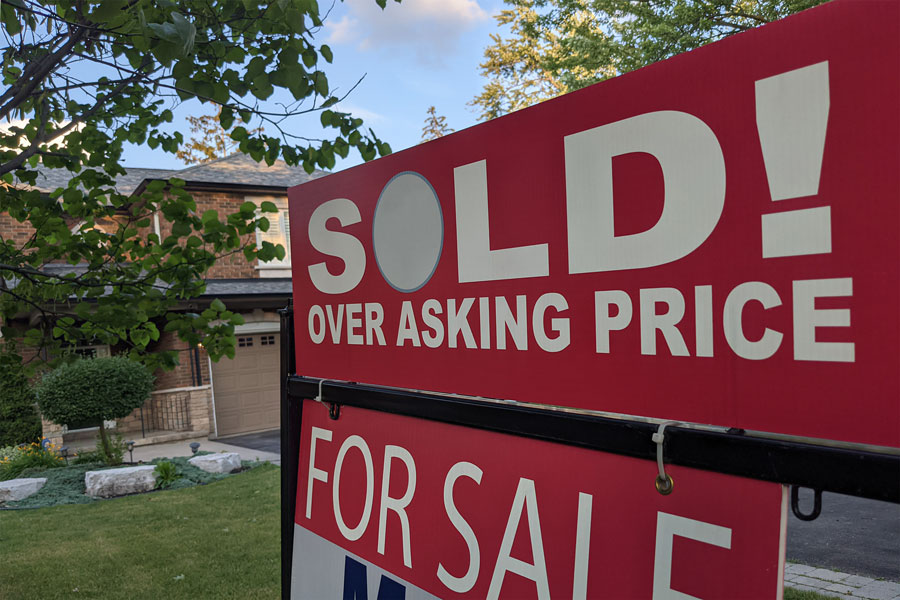When a person buys a home, they are making what is for most people, the largest financial commitment of their lives. Unless you are buying a home that you know is in need of repair, you will want to make absolutely sure that the property you are buying has no problems –obvious or underlying – that should be taken care of by the seller prior to closing.
However, a walk-through is not a substitute for a home inspection. Home inspections are done by licensed professionals who are trained to examine a property and either give the home a clean bill of health or make note of current or possibly potential problems that would require repair or replacement.
The walk-through is a cursory inspection by the buyer that can be performed a few days or a few hours prior to closing. The buyer should not underestimate the importance of a walk-through, and it is never a good idea to forego this step in the home-buying process.
Certainly, it would be in the buyer’s best interests to arrange a final walk-through as early as conveniently possible, so that in the event some problem is uncovered, the seller would have ample time to correct the problem without delaying the closing.
To avoid any complications, the buyer and seller should have agreed in writing that any problems found during the walk- through must be corrected prior to closing, and should additionally specify who will fix the problem and a deadline for completion of repair.
The walk-through could uncover a problem that had been overlooked by the home inspector, or find a problem that arose after a professional home inspection.
The walk-through can also uncover problems that home inspectors do not concern themselves with, such as windows that won’t stay opened or closed, toilets not flushing properly, etc.
A Walk-through is also important to assure the buyer that all the items that the seller has agreed will remain in the home are still there, such as appliances, window treatments, etc.
A walk-through should include checking the following:
- Check appliances for proper functioning
- Open all sink faucets and check under sinks for leaks
- Turn on bathtub faucet and showers
- Open and close windows
- Run garbage disposal
- Turn on heating and air conditioning
- Open and close all doors
- Check garage door functionality
- Turn all lights on and off
- Check outlets by plugging in a small lamp, such as a desk lamp
- Check for exhaust fan functionality
- Scan ceilings walls and floors for any signs of damage such as cracks, water stains, etc. that could have been overlooked, or water damage that might show up if the walk-through was done right after a heavy rain, for example
If problems are uncovered during the walk-through that are more than minor in nature, the buyer should postpone the closing until all issues have been satisfactorily resolved.
Tony Sena is broker/owner of Shelter Realty in Las Vegas Nevada. For more than a decade Tony and his partners have provided residential real estate and property management services to sellers, buyers, investors, and property owners in the Las Vegas Valley. A Las Vegas native and former police officer for the City of Henderson, Tony brings to the table a unique local perspective that continues to serve his clients well.



